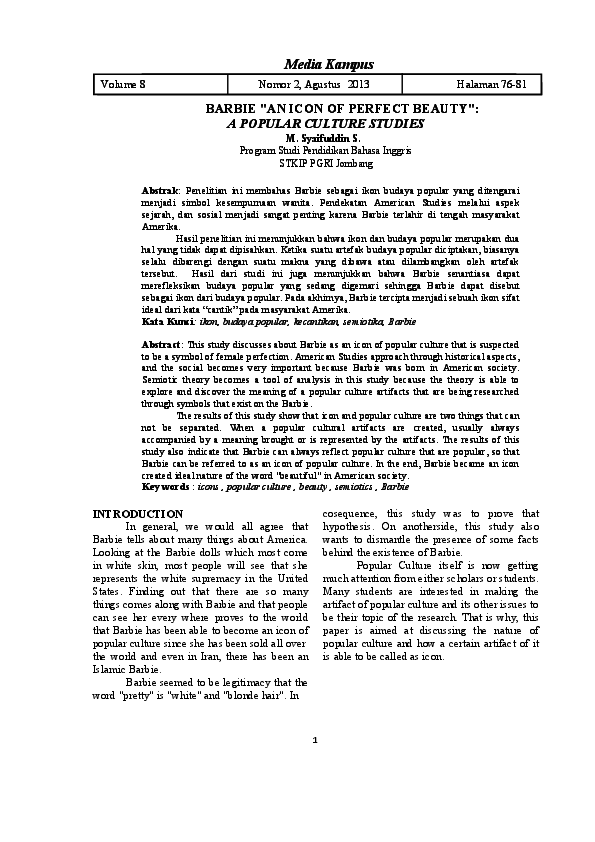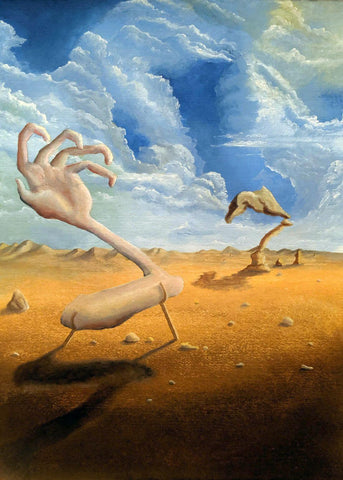
Pop culture can be divided into many different genres and reflects a variety in trends. There is a lot of pop culture to discover, including television and film franchises such as Marvel and DC. This also includes art by Basquiat and social networks like memes, gifs, and other media. This article will show you some examples and talk about the influences that pop culture has had on your life. We'll also be discussing its links to folklore.
Examples of pop culture
What is pop culture? Pop culture is simply culture that has been created for mass consumption. Pop culture does not originate with people like traditional culture. Instead, it is the product of mass production. Pop culture is, for instance, cartoons and comic books. Some entertainment and art can be "made up". For example, pop culture is made up of '80s fashion and comic books.

Influence of mass media
Mass media has evolved into a powerful and essential form of popular expression. Mass media is the main source of freedom speech in a globalized world. Mass media is accessible to many people, which allows them to share and comment on what they see. Despite these limitations, mass media continues to influence and shape our culture. Here are some ways that mass media influences our lives and popular culture. Read on to learn more about the influences of mass media on pop culture.
Influence of folklore
Folklore's impact on pop culture is a complicated issue. Folklore is still popular in many countries, but its commercial and cultural aspects are quickly outpacing them. Folklore and popular culture can often be mistakenly referred to as two distinct things. Although the latter is more commonly associated with modernity than folklore, it isn't completely absent. Both popular culture and folklore often overlap.
Television's impact
Television has had an enormous impact on popular culture. Although not all programs reach a global audience, there are many TV shows that have elaborate plots and characters. Many former actors from television and film prefer television to film. Television's global reach makes it possible to tell more complicated stories, while still maintaining a local audience. Even though independent films are increasingly exploring visual storytelling, budgets and release dates for them are often very limited.

Influence of films
It is difficult to understand the impact of film on society. Films reflect society's culture and are part the mass media. Films evoke emotional and social responses in the audience. Films like "Fruitvale Station" and "Super Size Me" reflect attitudes and concerns of the times and are often a catalyst for social change. The Social Network" and Black Panther, for example, may make an audience sad or angry. However, they may also have positive effects on the viewer's attitude.
FAQ
What can I do to use pop culture in my marketing strategy
To understand how to use pop culture in your marketing strategy, you need to look at the trends within it.
Let's take, for example, the promotion of a new movie. What type promotion could your company run?
You could even create a trailer from clips taken from your film. You could even find a clip that features one of your products or services and includes it in the video.
Or perhaps you could create a parody version of the trailer using other famous films.
You can use the movie's plotline as a basis for your promotional campaign, if you are promoting a product/service related to that film's theme. If the movie takes place in outer space, for example, you might advertise a product that aids astronauts to stay healthy while they travel through space.
Promos could be run for businesses that are related to the movie's plotline. You could, for example, offer food samples to customers who purchase tickets to the movie.
What is pop media culture?
Pop culture is everywhere. It is everywhere: TV, radios, films, music, magazines and newspapers, websites, social media, etc. It surrounds us all day. It affects everything from music to clothing and food to politics and religion. So what exactly is pop culture? Wikipedia states that "Popular culture" refers specifically to ideas and products intended for mass consumption. Most people believe that pop culture refers to movies, television, music, fashion, or other entertainment. Pop culture encompasses much more than entertainment. Pop culture can be described as anything that is consumed by mass audiences, including video games, toys, clothing and fast food.
What is popular music culture?
Popular Music Culture can take many forms.
Popular music culture is defined by its use of certain styles of music (e.g., rock, jazz) and lyrics. It also includes the influence of visual media (e.g., film, television and fashion) on artists' careers.
It's also about the way fans interact with their favorite artists.
A key element of popular music culture are the "superstars", which are musicians who have achieved fame or fortune.
These stars often transcend genres, becoming cultural icons and influencing the evolution of popular music.
Other aspects of popular music culture include:
* The rise of recording technology - from acoustic instruments to electric guitars and microphones;
* The inventions and use of the radio and record player;
* The birth of rock'n roll.
* The introduction of TV and film;
* The birth MTV and VH1
* The creation or the Internet.
What are some examples pop culture trends for 2020?
The music industry is changing quickly. This year saw artists like Travis Scott, Post Malone, Billie Eilish and Billie Eilish reach number one on Billboard’s Hot 100 Chart. This was an incredible feat for any artist.
The same goes for streaming services. Spotify reported that it streamed more than 10 billion hours worth of audio content last fiscal year. That's around 5 times what users were listening to just five years ago!
This has resulted a huge shift in the ways people consume media. Nowadays, most people are more interested in consuming content than creating.
All age groups, including toddlers and retirees, have access to audio content. Anyone can record, edit, mix and release their music.
You don't have to go to school to learn classical instrumentation in order to play your favorite songs. Download an app, add your voice, then upload them to YouTube.
Even if you don’t want to create music yourself, why stop watching someone else do it? There are countless channels dedicated to making videos of songs ranging from covers to parodies.
Why pop music is popular?
Pop music is popular because it is fun! It makes you feel happy and gives you a great sense of freedom. People listen to pop music and are free to think about anything but themselves. They don’t have to worry what other people think. Pop music is so beloved because of this. People love songs that make them happy. Turn on the radio to hear upbeat music if you're feeling low. You may even find yourself singing along. This is why pop music has been so successful over the years.
Who first coined the term Pop Music
Frank Zappa invented it. Pop music was the name he used to describe his music.
He said that he wanted music to appeal to everyone. That's why he called his music pop music.
Zappa also came up with the phrase "You can tell it's popular when ..."". This means that something is very popular if people love it. Michael Jackson's Thriller record is one of the most successful.
Zappa's definitions for pop music are quite different from the current. Pop music today includes all kinds of music. However, back then only certain music was considered popular.
What does pop culture teach us?
Our society today values material things over everything else. This is especially true with young people. They spend hours per day looking at screens. They watch movies, play video games, and surf the web. They are distracted from their schoolwork by all of these distractions. This leads to them failing classes.
It is a world where everyone wants in. That means being popular. Popularity depends on money, clothes, and other possessions. This leads some people to do things that aren't right.
We have become too dependent on technology. The internet has made it possible to access all sorts of information. Unfortunately, not everything is accurate. There are many false rumors floating around the Internet. These rumors spread fast because people share them on social networking sites. It's easy to post something without checking whether it's true.
People have lost the ability of thinking critically. They believe what they see online. They believe everything they read in magazines and on television. They stop thinking for and about themselves. Instead, they follow the flow of others.
When we rely on others to tell us what's happening, we lose control over our lives. Pop culture teaches us that we can depend on others. It can also make us lazy. We don't always see the truth, but it is there.
Statistics
- According to Kathryn Sorrells (2013, pp. 142-144), there are several ways that we can become informed consumers of popular culture. (socialsci.libretexts.org)
- According to CNBC.com, “more than 70% of the film's revenue came from countries outside the US” (https://www.cnbc.com/2019/01/08/aqua...nal-sales.html, ret. 8/18/19). (socialsci.libretexts.org)
- Yet a Nielsen study shows they account for 42% of the country's most-watched content on streaming services. courtesy Nielsen (npr.org)
- Latinos represent roughly 19% of the U.S. population. (npr.org)
- According to Dictionary.com, popular culture, or low culture as it is sometimes referred to is comprised of the “cultural activities or commercial products reflecting, suited to, or aimed at the tastes of the general masses of people” (7/21/19). (socialsci.libretexts.org)
External Links
How To
What is the popular culture that you can access using media technology?
Popular culture is all around us. It's everywhere: books, movies, music, television shows, video games, social networking sites, etc.
Popular culture influences our lives. Our daily routines are influenced by what we see on TV, read in magazines, listen on the radio, and hear at concerts. We watch TV series, play video games, go shopping, hang out with friends, attend parties, meet people online, and spend time surfing the Internet.
Popularity doesn't necessarily mean it's good business.
Media technologies help with this. They offer tools that enable us to connect with consumers and access popular culture.
Media technologies can also be used to:
-
Make content about products and services
-
Engage with fans by introducing them to their favorite authors, actors, or musicians
-
Promote brands and businesses
-
Promote your brand
-
Track consumer trends
If you want to increase brand awareness, attract customers, grow sales and customer loyalty, then you should be familiar with popular culture. You can do this by utilizing media technologies.